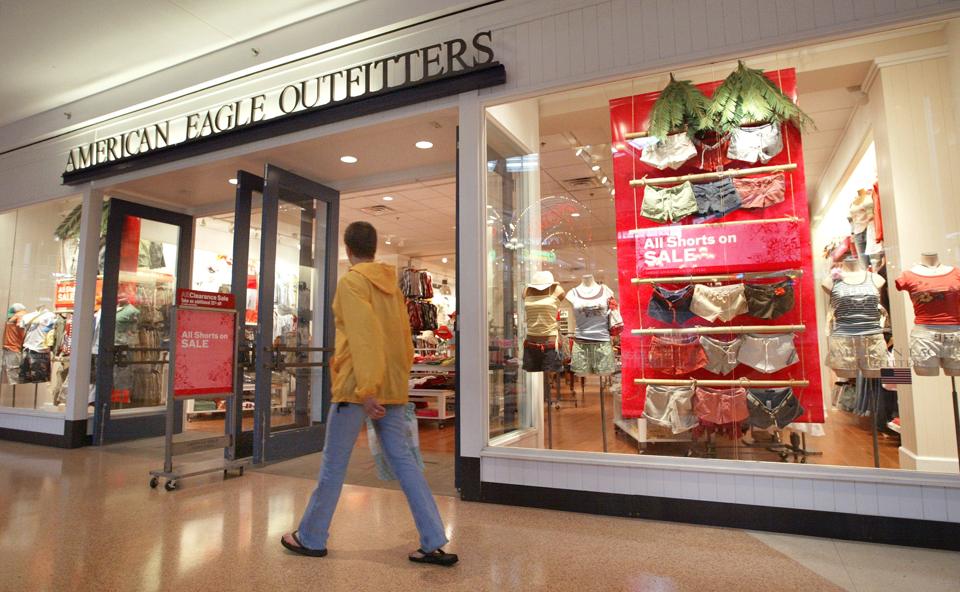Recently, American Eagle drew public ire after putting out an ad campaign with actress Sydney Sweeney, that many called out for its promotion of eugenics. Amidst the controversy and much to the chagrin of consumers, American Eagle doubled down, standing firm in their decision to launch the campaign. Shortly after the campaign controversy, it was reported that foot traffic at American Eagle fell to nearly 9%. This is a stark change from the increase in foot traffic that the company had seen in the months prior to the ad campaign.
“While brands don’t always hit the bullseye in their attempts to emotionally connect with their audiences and aren’t expected to, the Sydney Sweeney campaign almost felt like an attempt to shoot an arrow onto a different planet that exists in a different dimension, than the one many people feel like they are living in,” shared inclusive marketing strategist and author of the book Responsible Marketing Lola Bakare. “For a mass market brand to center its back-to-school campaign targeting high school and college kids on a narrative that even hints at the genetic superiority of a white person with blue eyes in the cultural context of the United States in 2025 felt jarring in a way that hit raw nerves. A line was crossed,” Bakare said.
“This situation underscores why diverse voices at the senior marketing level aren’t just a nice-to-have—they’re essential,” said Kerel Cooper. Cooper, who is the chief marketing officer at GumGum, also shared, “When ideas are vetted and shaped by teams with different perspectives, campaigns become stronger, more resonant and less likely to alienate audiences.” When missteps like what happened with American Eagle occur, it doesn’t just impact how consumers see the brand—it can also influence public perception among job seekers. “Where we work is an identity project. It says something about ourselves,” explained Dr. Marcus Collins. Collins is a marketing professor and the author of For the Culture. “We choose places of employment much like we would the brand we consume. If it is incongruous with who we are and who we want to be, we’re less inclined to want to associate ourselves with it.”
Watching a company that you are a part of being involved in actions that are called out as problematic, inflammatory, or harmful, without so much as an apology, can erode trust within the organization. Bakare illuminates this further. “Not unlike when children realize the adults around them have trouble practicing what they preach, employees and prospects quickly lose trust in companies that can’t seem to manage the simple art of a genuine apology when they have undeniably gotten something very wrong. When trust erodes in a workforce, everyone becomes less productive. All of a sudden, energy is being spent looking over one’s shoulder. The more deeply people trust their employers, the more deeply they invest work on their behalf.”
Target and Costco provide a powerful juxtaposition of what happens when you make exclusion part of your brand. Target has seen a suffering stock, which many have attributed to their DEI rollbacks, meanwhile Costco has seen increased net sales in recent months, which has been credited to their commitment to DEI. American Eagle may be another cautionary tale of what happens when equity and inclusion aren’t at the crux of your business practices. “Brands simply cannot afford to see their campaigns as ‘apolitical’ or ‘neutral’ and need to approach every creative choice with responsibility for ideas that they disseminate to millions of consumers,” explained Dr. Anastasia Kārkliņa Gabriel, who is a culture critic and author of Cultural Intelligence for Marketers. “Cultural literacy should never have been optional for brands, and today the stakes are only higher.”

